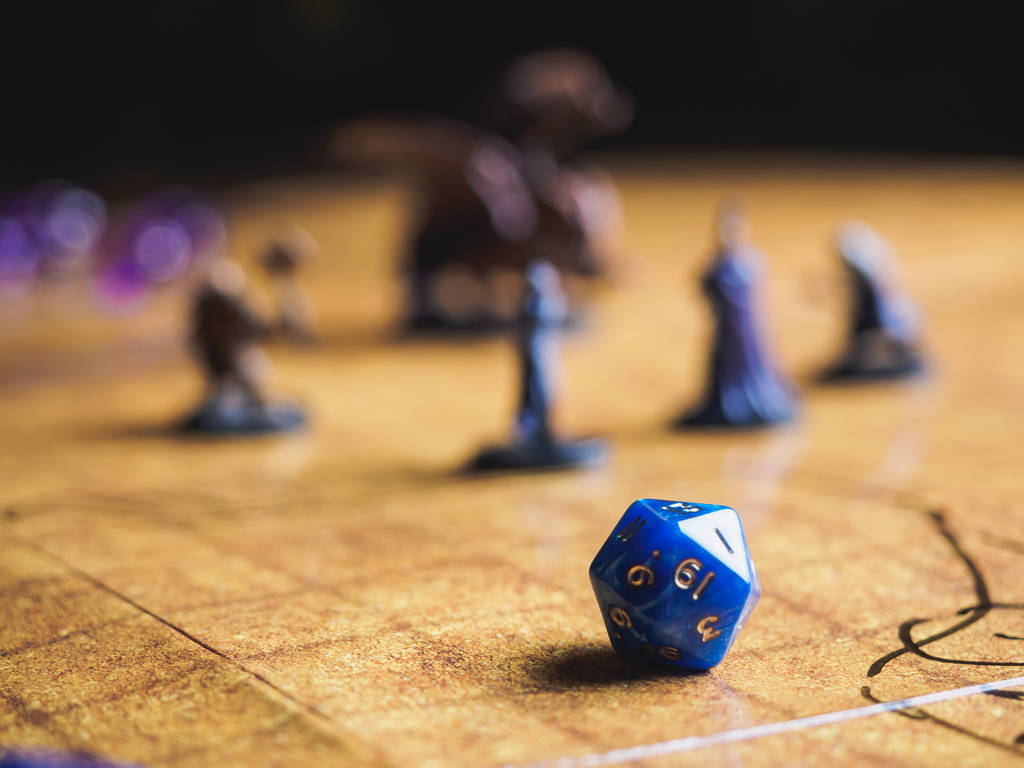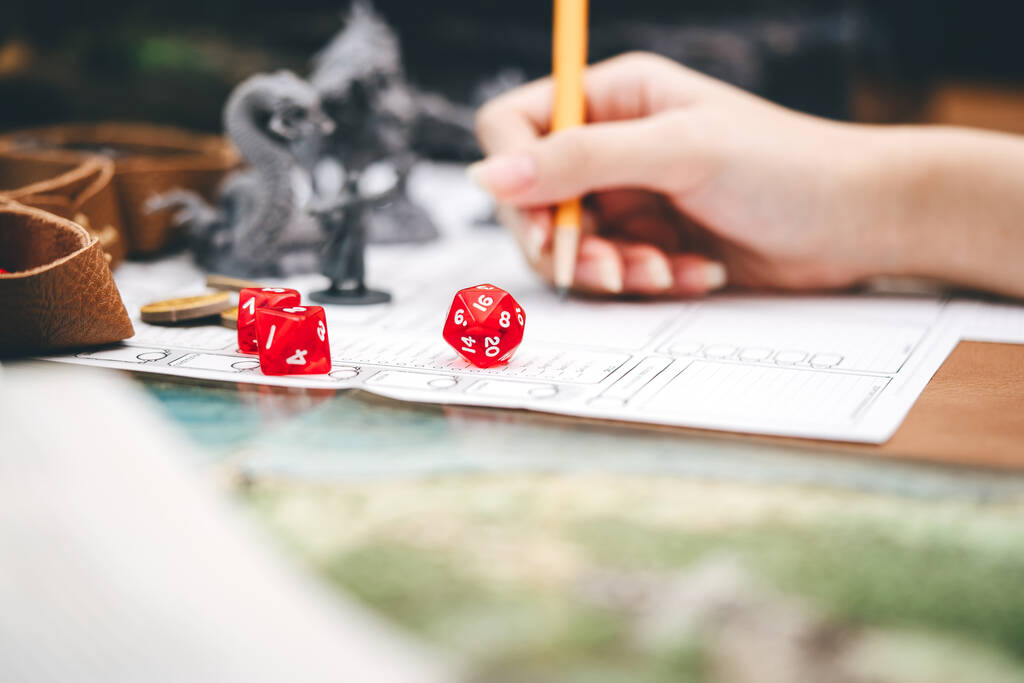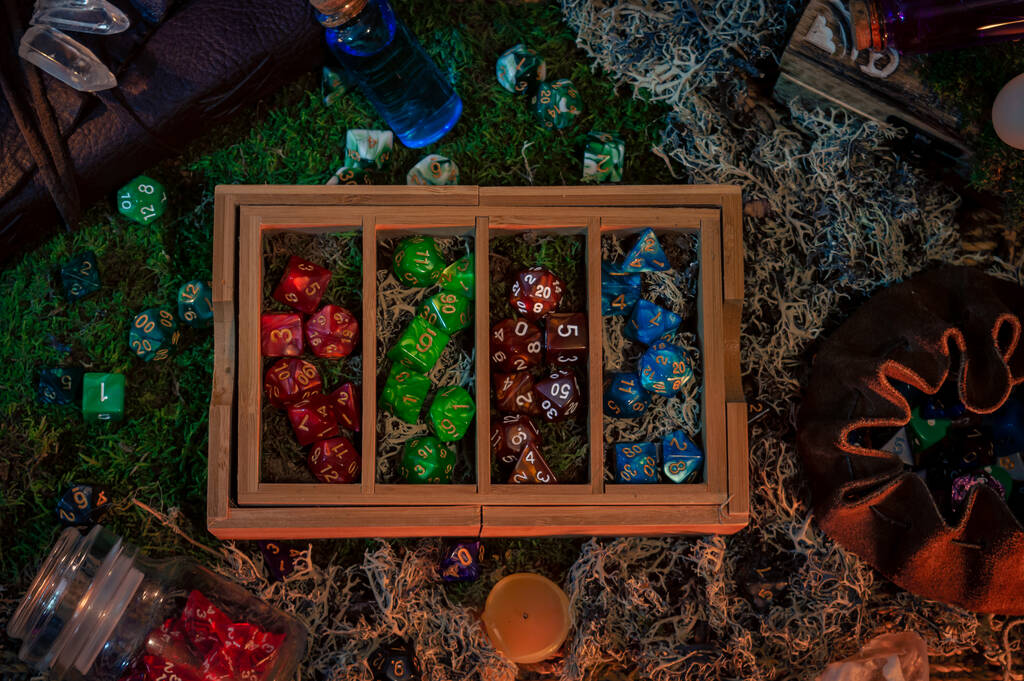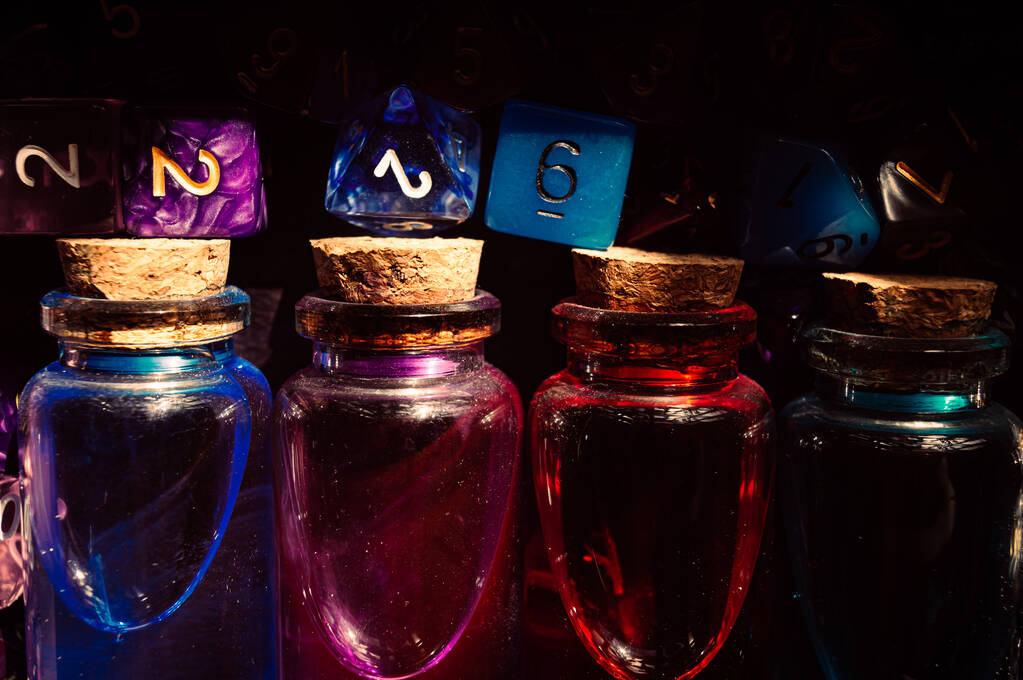
Hello, readers I composed this piece with readers who are interested in learning new things in mind. I am far from the difficulties of beginners because I have been thinking about these concerns for years.
What is a role-playing game?
The main gaming action is for the participants to converse and decide how the plot will go. In theory, one of the players takes on the role of the game manager RP, planning the game ahead of time and overseeing the environment in which the other players interact. Naturally, RP also has control over the challenges the characters must overcome. Depending on how the group plays, the RP’s connection to the rest of the group might be either competitive or refereeing. Both strategies are legitimate. Additionally, the players’ interactions with one another can be friendly or hostile in nature.

The rules

Types of RPG

More pleasant
Also read our other Articles

